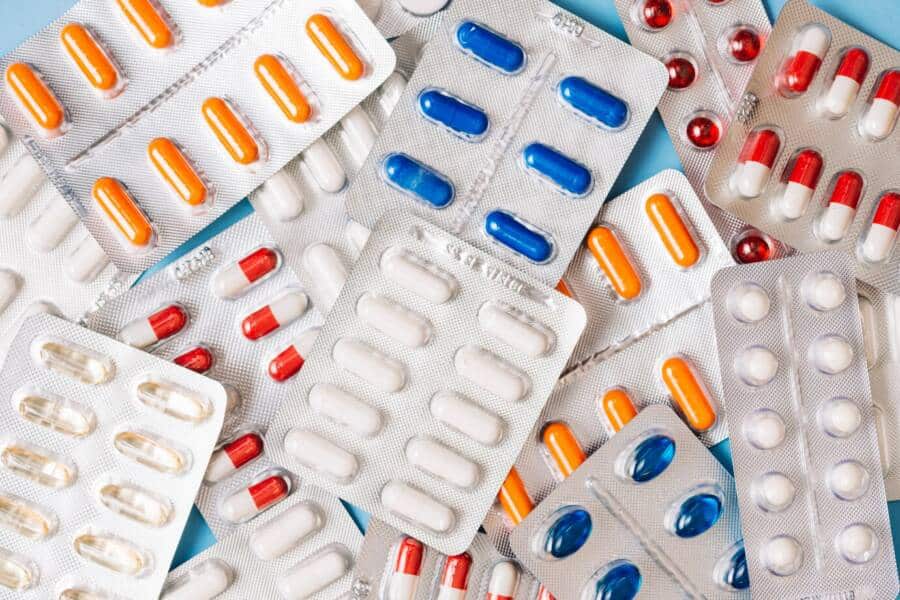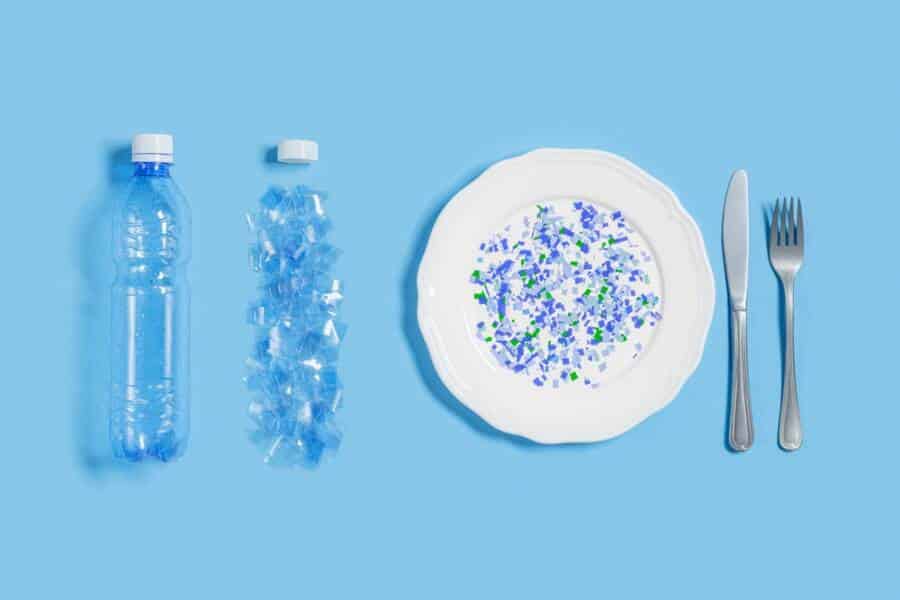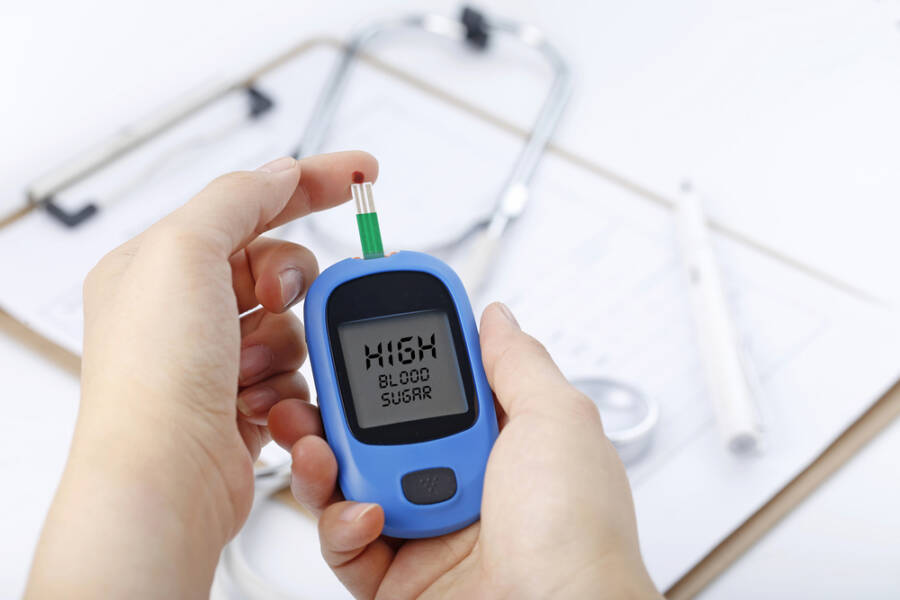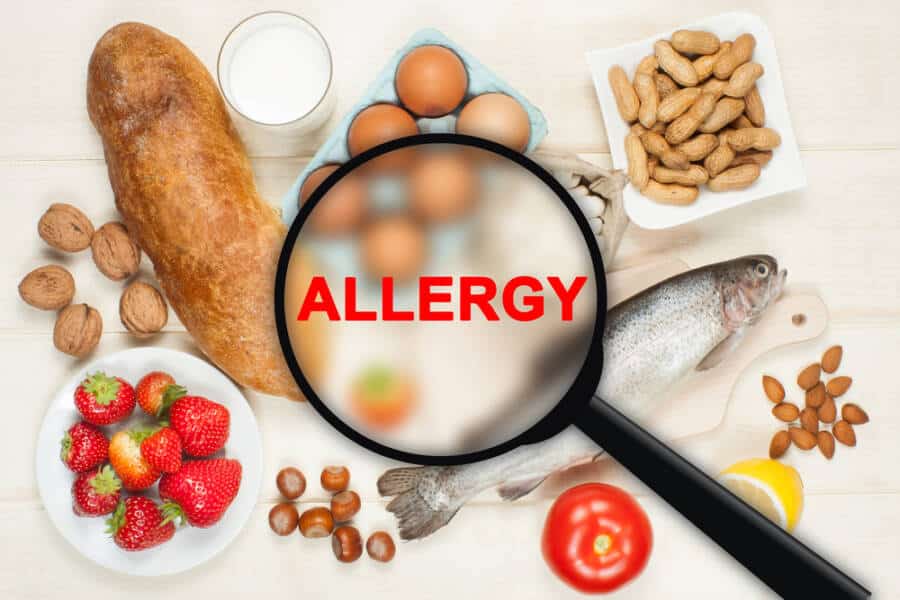
10 Differences Between a Cold and Allergies
Sneezing, runny nose, scratchy throat. When these symptoms hit, it’s easy to assume you’ve got a cold. But what if it’s not a cold at

Sneezing, runny nose, scratchy throat. When these symptoms hit, it’s easy to assume you’ve got a cold. But what if it’s not a cold at

If you’re looking for easy ways to relieve constipation fast, here’s what you should consume: We’ve all been there—bloated, uncomfortable, and wondering why your body

Can These 6 Cancers Really Be Cured? Cancer is terrifying, and there’s no easy way to say it. The worst part is probably that the

Sleep is a vital part of life, essential for physical health, emotional well-being, and cognitive function. Yet, for millions of people around the world, getting

Microplastics are everywhere. Even in your food and drinks! This is a very hot research topic since the long-term health effects of microplastics are quite

Ease menopause symptoms with these natural remedies and supplements Menopause is a big time in a woman’s life, and the physical and emotional changes that

Are You Missing These Signs of Diabetes? Diabetes is one of the most common chronic conditions in the United States, affecting millions of individuals each

Weight loss can be really difficult for some people, especially if you’ve never done this before. You can sometimes feel frustrated because you don’t see

Can Allergy Sufferers Travel Safely? Absolutely! I think we can all admit that traveling is one of life’s greatest joys. But for millions of people